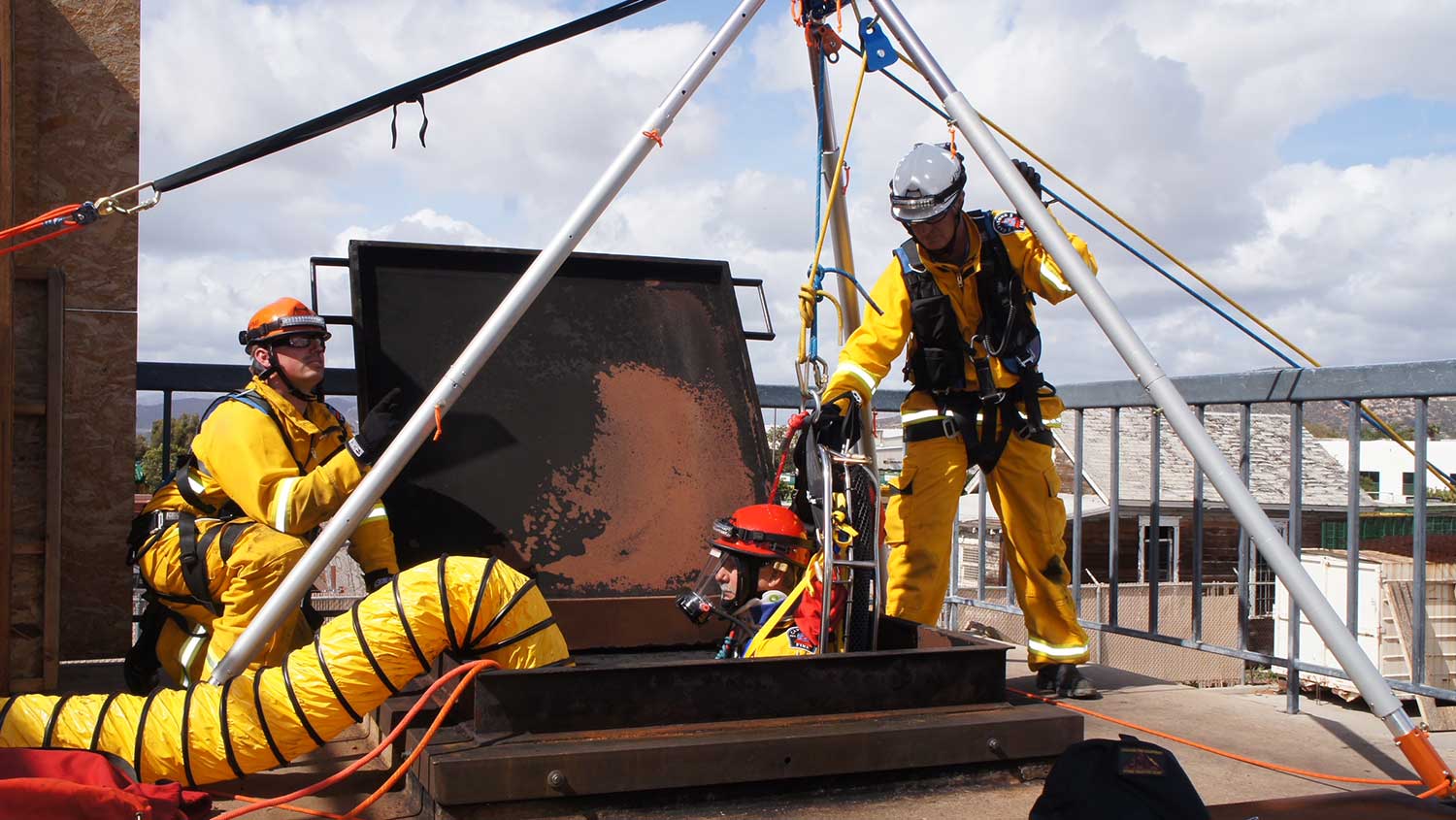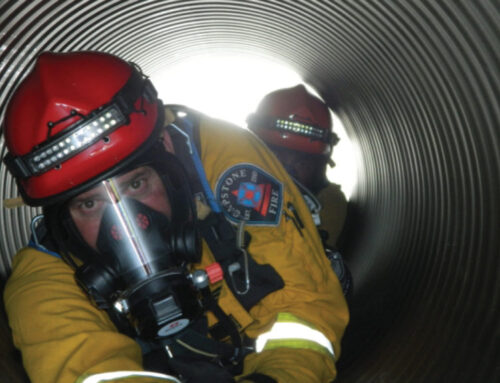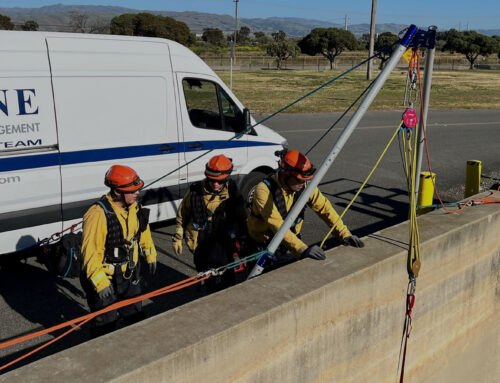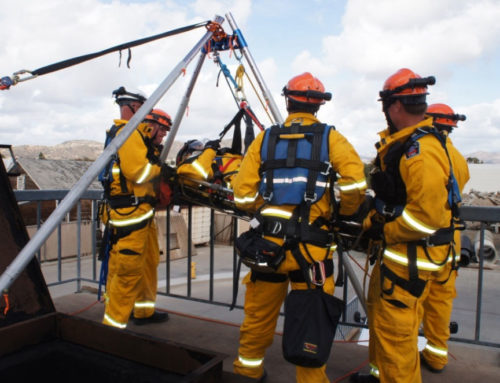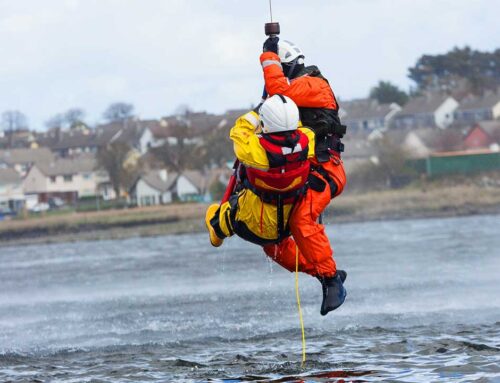Confined space rescue is a highly specialized field that requires extensive training, skill, and knowledge. While many people may be aware of the basics, there are several lesser-known aspects that are equally important. Here are five facts about confined space rescue that you may not know.
1. Not All Confined Spaces Are Obvious
When we think of confined spaces, we often imagine small, enclosed areas like tanks or silos. However, confined spaces can also include larger areas like tunnels, sewers, and even certain sections of construction sites. These spaces share common characteristics: limited entry and exit points, the potential for hazardous atmospheres, and the risk of entrapment.
2. Specialized Equipment
Confined space rescue requires unique equipment that goes beyond standard firefighting or emergency response tools. This includes gas detectors, high-angle rescue gear, and specialized breathing apparatus. The use of such equipment is vital for the safety of both the rescuers and the individuals trapped within these spaces.
3. Teamwork
A successful confined space rescue operation depends heavily on the coordination and cooperation of a well-trained team. Each team member has a specific role, whether it’s monitoring air quality, handling communication, or performing the physical rescue. Effective communication and trust among team members are essential for the operation’s success
.
4. Training
Rescue teams undergo continuous training to stay updated on the latest techniques, safety protocols, and equipment. This training often includes simulated rescues in controlled environments, which help teams practice their skills and prepare for real-life scenarios. The rigorous nature of this training ensures that teams are always ready to respond to emergencies.
5. Psychological Preparedness
In addition to physical training, rescuers must also be mentally prepared for the challenges they may face. Confined space rescues can be highly stressful and require quick decision-making under pressure. Mental resilience and the ability to remain calm and focused are critical traits for anyone involved in these operations.
Confined space rescue is a complex and demanding field that goes far beyond what most people might expect. By understanding these lesser-known facts, we can better appreciate the dedication and expertise of the professionals who perform these vital rescues. At Capstone Fire, our teams are constantly training both physically and mentally to prepare themselves for the challenges they may face when performing a confined space rescue.

